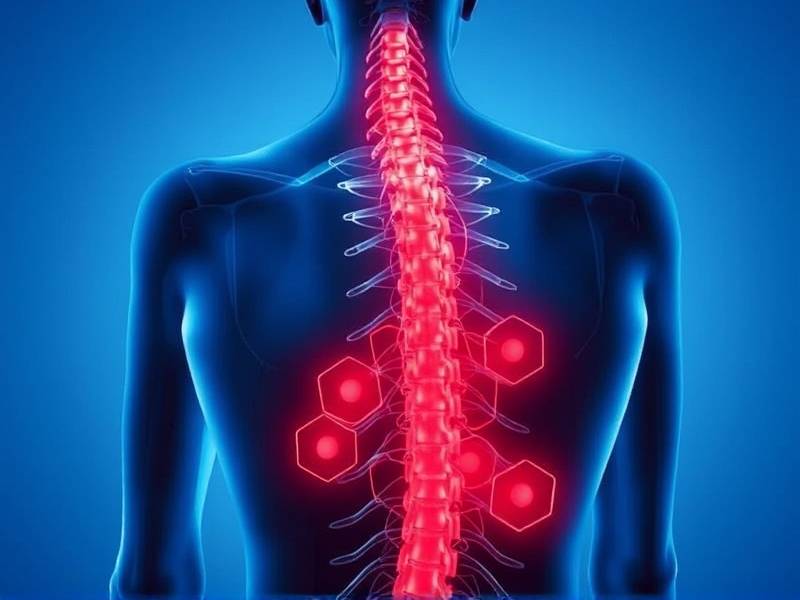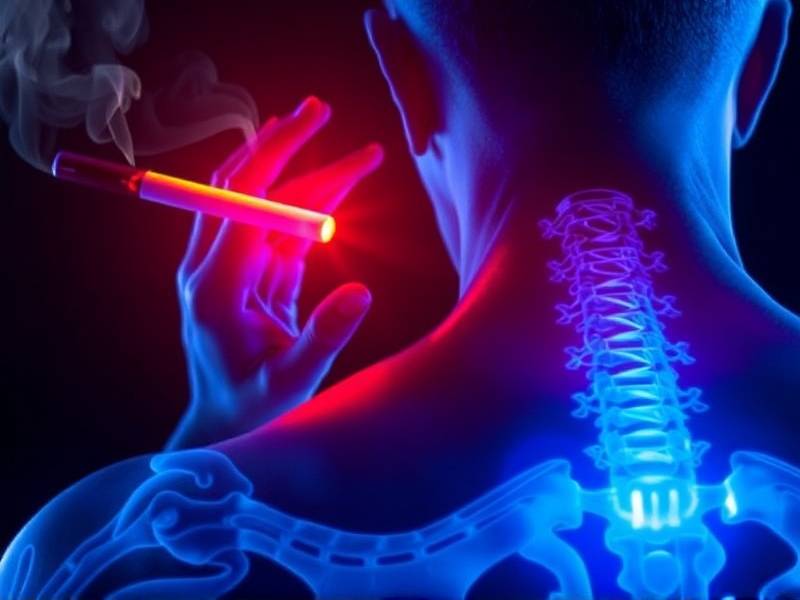Can Quitting Smoking Really Help With Back and Neck Pain?
Can Quitting Smoking Really Help With Back and Neck Pain?
Introduction: Back and neck pain are common issues that many people face. While there are various reasons for such discomfort, one surprising factor that might contribute to it is smoking. Many individuals are curious about whether quitting smoking can alleviate back and neck pain. In this article, we will explore the connection between smoking, back pain, and neck pain, providing you with valuable insights to make an informed decision.
- The Link Between Smoking and Back Pain
Smoking has been linked to numerous health issues, including respiratory problems, cardiovascular diseases, and even certain types of cancer. However, its impact on the musculoskeletal system is less discussed. Research suggests that smoking can lead to increased stiffness in the spine and reduced flexibility in the muscles surrounding the back.

The chemicals present in cigarettes can cause inflammation in the spine's discs and joints, leading to chronic back pain. Moreover, smoking also affects the overall strength of bones and cartilage, which can exacerbate existing back issues.
- Smoking's Role in Neck Pain
Similar to back pain, neck pain is another common condition associated with smoking. The muscles that support the neck can become weakened due to nicotine's effects on blood vessels. This weakness may result in an increased risk of strain or injury.

Furthermore, smoking can lead to poor posture due to weakened muscles in the upper body. Poor posture puts unnecessary stress on the spine's cervical region, potentially causing or worsening neck pain.
- Benefits of Quitting Smoking for Back and Neck Pain
Now that we understand how smoking contributes to back and neck pain, let's explore how quitting smoking can help alleviate these issues:
a) Reduced Inflammation: Quitting smoking can lead to a decrease in inflammation throughout the body, including the spine and surrounding tissues.
b) Improved Blood Flow: Nicotine constricts blood vessels, reducing blood flow to various parts of the body. By quitting smoking, you'll experience improved circulation in your muscles and bones, which can help alleviate discomfort.
c) Enhanced Muscle Strength: As you quit smoking, your body will gradually regain muscle strength lost due to nicotine's effects. Stronger muscles provide better support for your spine and reduce strain on your neck.
d) Better Posture: By improving overall muscle strength and reducing inflammation around your spine and neck area, you'll be more likely to maintain good posture throughout your daily activities.
Conclusion: In conclusion, quitting smoking has been shown to have a positive impact on both back and neck pain by reducing inflammation, improving blood flow, enhancing muscle strength, and promoting better posture. If you're struggling with these issues related to smoking habits or considering quitting for other reasons altogether—taking this step could potentially improve your quality of life significantly. Remember that seeking professional medical advice is always recommended when dealing with chronic pain conditions like these.
